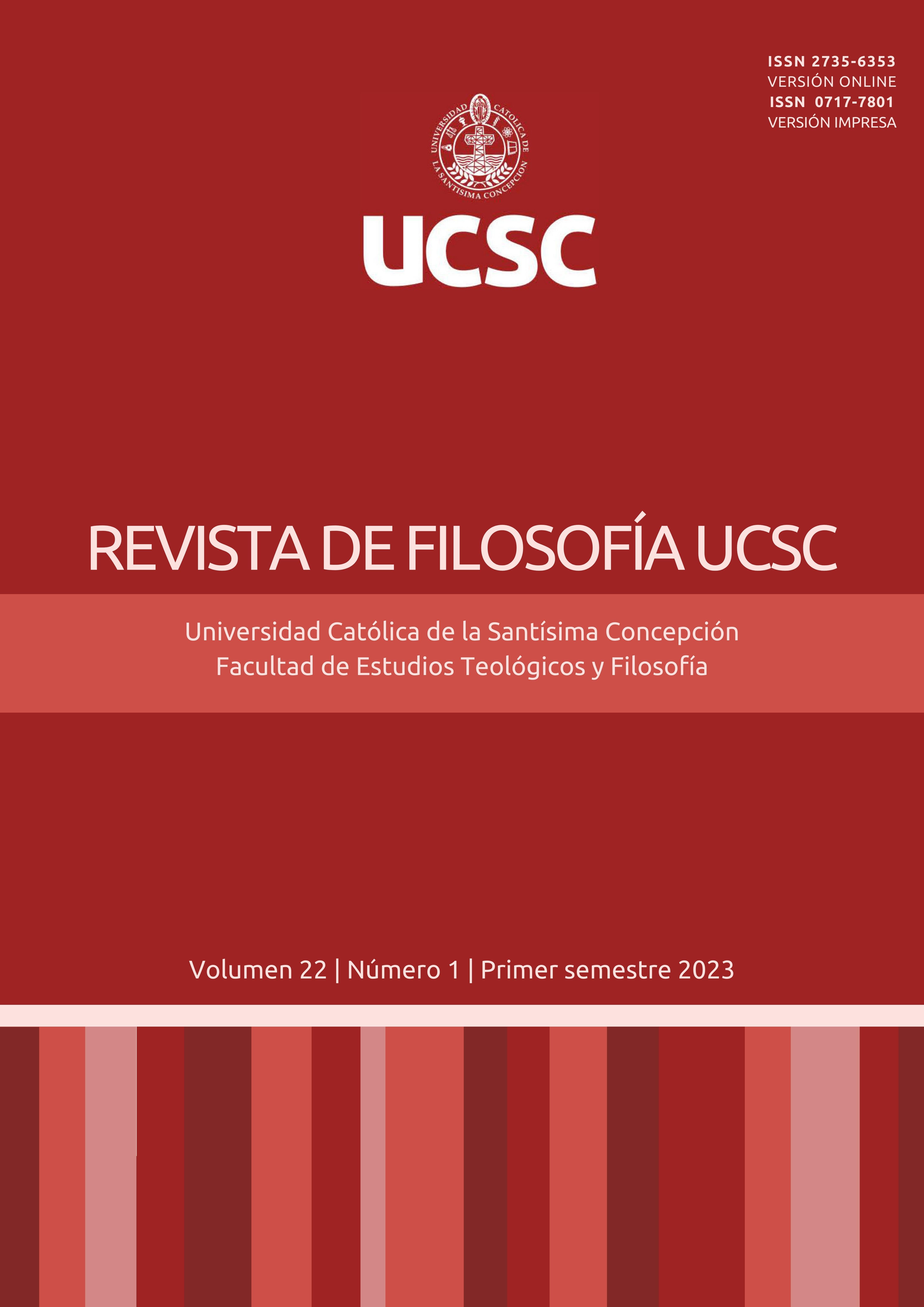The pandemic as an opportunity for personal growth and a different concept of educational quality
Main Article Content
Abstract
The hypothesis that proposed is that the pandemic put each person in a situation of having to learn a way of living with the disease, and with the exceptional measures interposed by the states, to alleviate the consequences of this global epidemic. In that sense, the SARS-CoV-2 disease has not been passed only as a test at the health level, but also as a test at the personal, educational and existential level. From this perspective, it is indicated in this paper that a qualified education is not only an education measured in mathematical and statistical terms, but, and, above all, in terms of listening and obeying the needs of the other. The quality of the educational fact has to do with an entitative quality and a not with a mere formal quality. It is related to being rather than to have.
Article Details
Section

This work is licensed under a Creative Commons Attribution-NonCommercial 4.0 International License.
The Revista de Filosofía UCSC is an open access journal and does not charge for publication. In addition, it regulates its Copyright and access policy according to the Creative Commons Attribution-NonCommercial 4.0 International Public License (CC BY-NC 4.0), therefore sharing (reproducing and distributing the material in any medium or format) and adaptation (modifying, transforming, and creating from the material) is allowed as long as proper credit is given and the citation is included with the corresponding data. Moreover, it is not allowed to use the material for commercial purposes.
How to Cite
References
Agustín, H. (s.f). La música, en OC., disponible online: https://www.augustinus.it/spagnolo/musica/index2.htm
Agustín, H. (s.f). De Magistro, en OC., disponible online en: https://www.augustinus.it/spagnolo/maestro/index.htm
Aristóteles. (1982). Organon, T. I. Gredos.
Freire, P. (1970). Pedagogía del Oprimido. Tierra Nueva.
Ibáñez Langlois, J. M. (2007). Introducción a la antropología filosófica. Eunsa.
Lévinas, E. (1983). Totalidad e infinito. Sígueme.
Lévinas, E. (1991). Ética e Infinito. Visor.
Lévinas, E. (1993), Entre Nosotros, Ensayos para pensar en otro. Valencia.
Lévinas, E. (2003), De otro modo que ser o más allá de la esencia. Sígueme.
Lévinas, E. (2005), Descubriendo la existencia con Husserl y Heidegger. Síntesis.
Melich, J. C. (2000), La educación como acontecimiento ético. Paidós.
Mínguez, R. (2010). La escuela hoy en la encrucijada. Hacia otra educación desde la ética de E. Lévinas. Teoría de La Educación, 22(2), 43–61.
Nassif, R., Rama, G, Tedesco, J. C. (1984). El sistema educativo en América Latina, UNESCO - CEPAL - PNUD. Ed. Kapelusz.
Peña, J. V. y Fernández, C. (2009). La escuela en crisis. Octaedro.
Peguy, Ch. (1993). El misterio de los santos inocentes. Encuentro.
Pulfer, D., et. al. (1993). Sistema educativo Nacional de Argentina. Ministerio de Cultura y Educación de Argentina y Organización de Estados Iberoamericanos. Buenos Aires. Disponible en http://www.oei.es/quipu/informes.htm
Robinson, K. (2013). Encuentra tu elemento: El camino para descubrir tu pasión y transformar tu vida. Penguin Random.
Zuluaga, D. A. B. (2014). El concepto de persona humana en la tradición cristiana y su progresión hasta el personalismo, Cuestiones teológicas, 41(96), 467-493.




